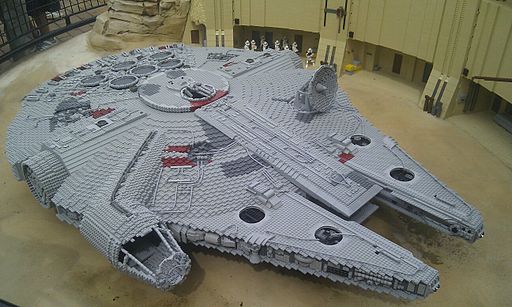As I was scanning my twitter feed this last week I came across an article discussing one of Google’s newest technology accessories, Google Glass. Google glass is essentially a lightweight pair of eyeglasses that works like a headset equipped with camera, GPS, Bluetooth, microphone, and viewfinder. This technology allows the wearer to connect to smartphones, allowing them to search for and access information online and to use the camera, GPS, etc. all hands-free.
With all this information less than a click away and viewable without having to carry a physical device I wondered, what possibilities could this technology have in the world of medicine?
I decided to look at how Google Glass was currently being used in the medical field. I found that this technology provides a means to change the ways the doctors work and communicate both with each other and with patients.
In class we’ve discussed how the internet has come to change how information is spread throughout the medical community, from simple avenues like the increased access to information to more creative paths like the live tweeting of surgeries for the public to access. Technologies like Google Glass make these information sharing “innovations” of today look small in comparison.
A perfect example of this can be seen in an article that discusses a surgery performed by Dr. Pedro Guillen earlier this year. Dr. Guillen was able to perform a highly complex surgery while wearing Google Glass, allowing the surgery to be streamed around the world in real-time. This feature allowed him to serve as an interactive teaching tool to university students and physicians all over the world, opening non-traditional avenues to improve medical education around the globe. The technology, as reviewed by Guillen, also revolutionized the way he performed surgery. The split-screen display allowed him to maximize access to valuable information such as images of the knee, notes, or past surgery videos without having to lift his eyes from the table. While all of these features were impressive one that stood out the most was in the off chance that an error occurred, Dr. Guillen possessed the ability to rewind the tape to review the surgery while standing at the table. This feature can serve to drastically change the way we approach and view medical error in the future.
Video of Dr. Guillen’s Surgery
I also found an account of how Google Glass is working to improve doctor-patient interaction. One company, IOS Health Systems, has developed a native EHR app that can be used with Google Glass. This means that doctors could access patient information such as medical history, vitals, etc. and display it into the heads-up display while talking to the patient. This opens the possibility for doctors to reduce reference to a stationary screen and engage in more direct conversation with the patient, working to improve the doctor-patient interaction.
As I reviewed the literature I marveled at the possible impacts that technology like Google Glass could have on the practice of medicine and considered the role that Google Glass could play in our design setting. In the cardiovascular ICU physicians are required to both consolidate and communicate vast quantities of data into a simple and informative patient narrative and plan of care. In the current system often hand copy detailed data from the patient EHR onto sheets of paper. This practice, while necessary within the system, has created a sort of presentation “crutch,” where fellows will focus and rely on the data that they have spent so much time collecting rather than giving a cohesive patient narrative. Technology like Google Glass can work to eliminate this crutch. By allowing for the information to be readily available and accessible, physicians can focus more on preparing a patient narrative and care plan for presentation during rounds.
While Google Glass offers many positive aspects for the world of medicine it also holds many cautionary aspects. With the adoption of any new technology there come many unanswered questions. How will the ability to stream in real-time at any moment change privacy? Will the knowledge that your doctor is viewing information that you cant see change the way that doctors and patients interact? The positive impacts that utilizing revolutionary technology in medicine can have are great, but as always we must move carefully as we move towards the future.



![By Bryson Jack, Ministry of Information Photo Division Photographer [Public domain or Public domain], <a href="http://commons.wikimedia.org/wiki/File%3ABlood_Drying_Unit-_Processing_Blood_in_the_Laboratory%2C_Cambridge%2C_England%2C_UK%2C_1943_D16766.jpg">via Wikimedia Commons</a> Blood_Drying_Unit-_Processing_Blood_in_the_Laboratory,_Cambridge,_England,_UK,_1943_D16766](http://www.medicalfutureslab.org/wp-content/uploads/2013/04/Blood_Drying_Unit-_Processing_Blood_in_the_Laboratory_Cambridge_England_UK_1943_D16766.jpg)




